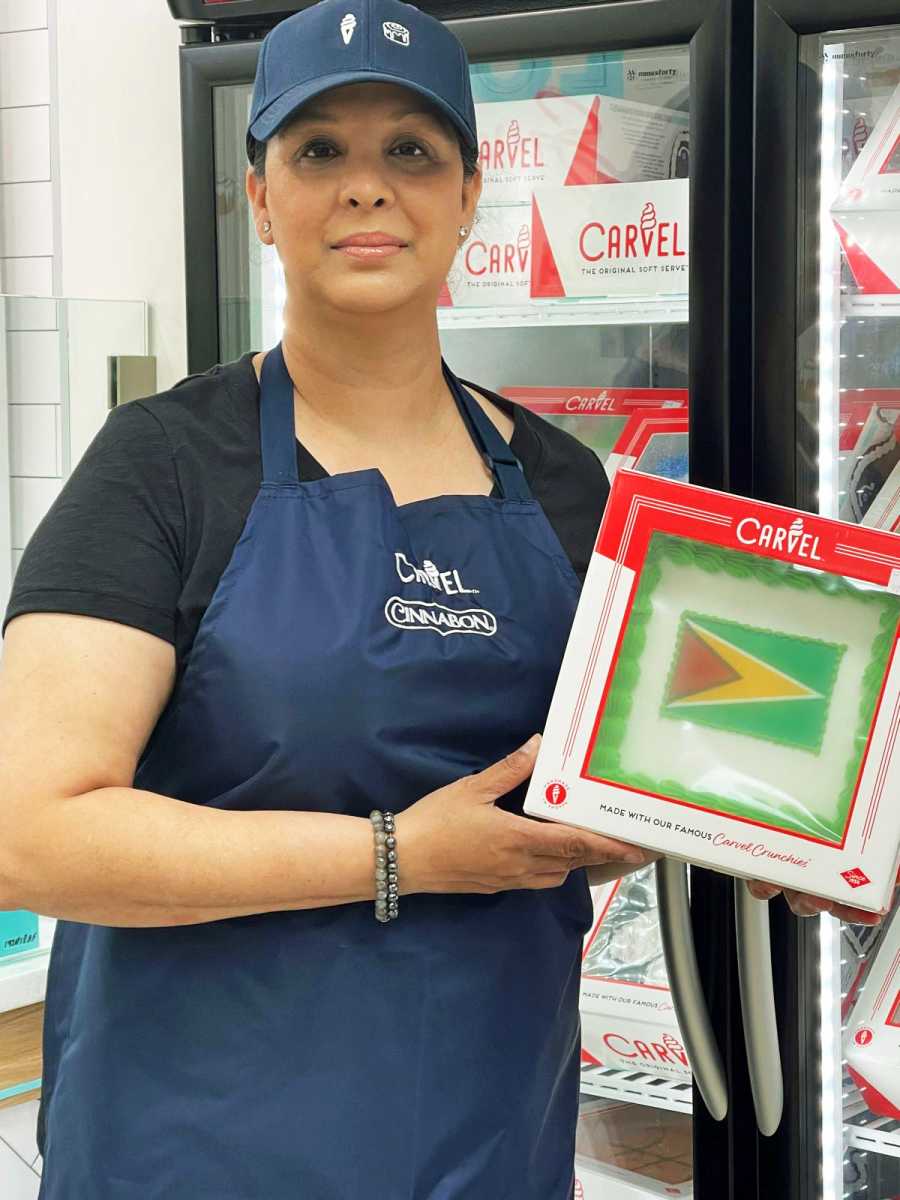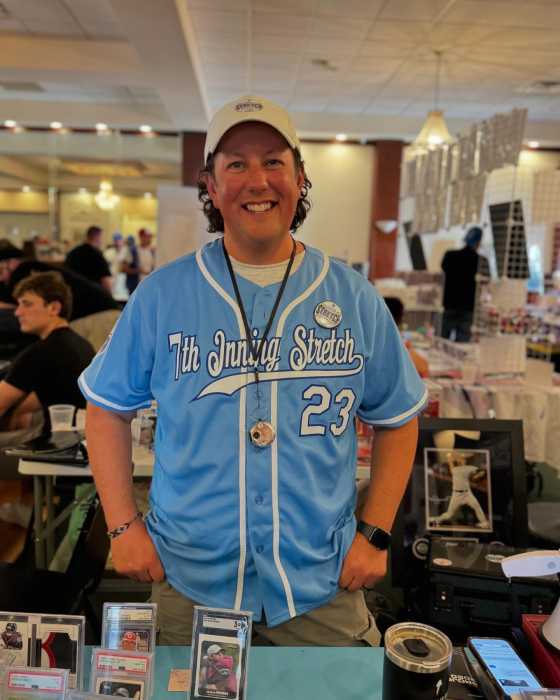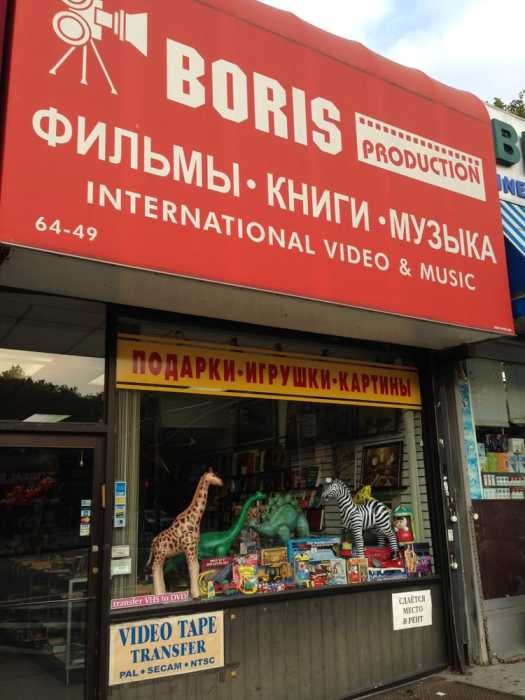By Tom Allon
Most people think of revolutions as violent, messy movements which result in lots of death and mayhem. Just think American Revolution or French Revolution, circa the 18th century.
But some of the revolutions of the 21st century are much more subtle, much less bloody, but still incredibly effective in reforming and changing the old order.
There are quiet revolutions like the one we’re seeing in the global economy, as much of the old order is being toppled by technology and those who disrupt the way things have worked for many years.
Think about television, for example. If you ask anyone under the age of 25 whether they’ll be watching a show like “60 Minutes” at 7 p.m. Sunday, a time slot it has occupied for more than four decades, they’ll look at you like you have three heads.
Viewing things on a screen, whether it’s your smartphone or tablet, is now so mobile and easy that the family sitting together on the living room couch watching the same show is becoming a relic of the past.
In many ways, that’s too bad. But progress doesn’t always come smoothly or in ways that help preserve old-style human communication.
Between Netflix, Hulu and now Aero — which involves antennas, the cloud and slightly delayed programming — consumers are becoming less reliant on cable and the broadcast networks for their dose of drama, comedy and sports programming.
These disrupters of the television industry are changing the way consumers view things, and this will surely impact the way cable operators and broadcasters think going forward. Look for this battle to heat up in the court system as the old order attempts to preserve its market share.
In transportation, companies like Uber have made it easier to hail a cab when you want it — if you’re willing to pay a premium. But for airline and train travel, there is less disruption thus far because there are such great barriers to entry.
Laying train tracks or buying a fleet of airplanes and transporting masses of people is, of course, a pretty labor- and capital-intensive business. Amtrak has less to worry about these days, than, say, a small TV station or a small cable operator.
In the hospitality industry, the big disrupter is AirBnB, which is allowing hundreds of thousands of travelers and tourists to connect with apartment and homeowners to find cheaper rates for accommodations.
This is resulting in a looming legal fight, with New York State Attorney General Eric Schneiderman, who is starting to crack down on this technically illegal practice (in New York, you’re not allowed to rent out an apartment for less than 30 days).
And of course, media and book publishing are changing rapidly, as people are becoming more used to reading on smartphones, Kindles and other electronic devices. This has had a huge impact on the way people are receiving their information.
Many book, newspaper and magazine publishers have adapted wisely to this changing landscape, but brick and mortar operators like the neighborhood bookstore and chains like Borders have become casualties of this new Amazonian world we live in.
But look for government and regulatory agencies to step forward now more aggressively to attempt to regulate companies like AirBnB and Uber, so that the wild, wild West quality of this quiet revolution does not result in unfair advantages.
It’s all fascinating to watch. A quiet revolution unfolding before our very eyes.
Tom Allon, president of City & State NY, was a Republican and Liberal Party-backed mayoral candidate in 2013 before he left to return to the private sector. Reach him at tallon@cityandstateny.com.




































